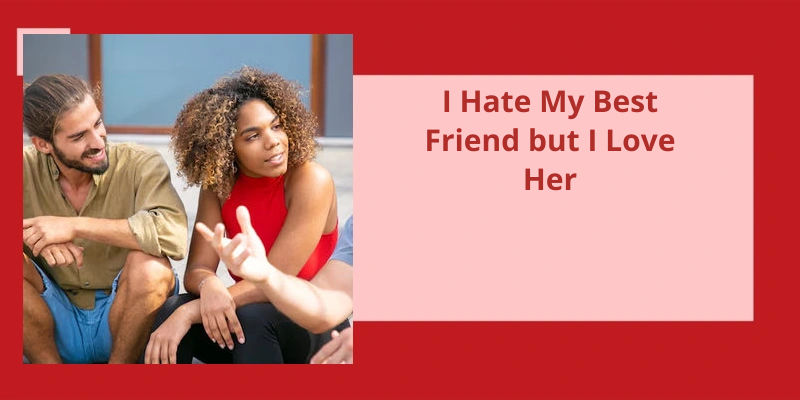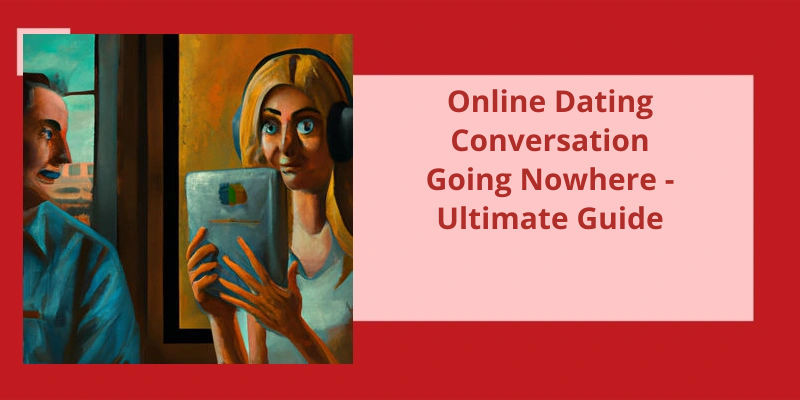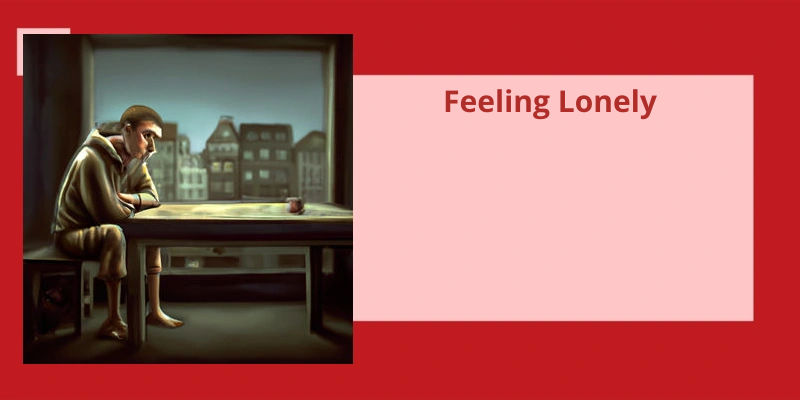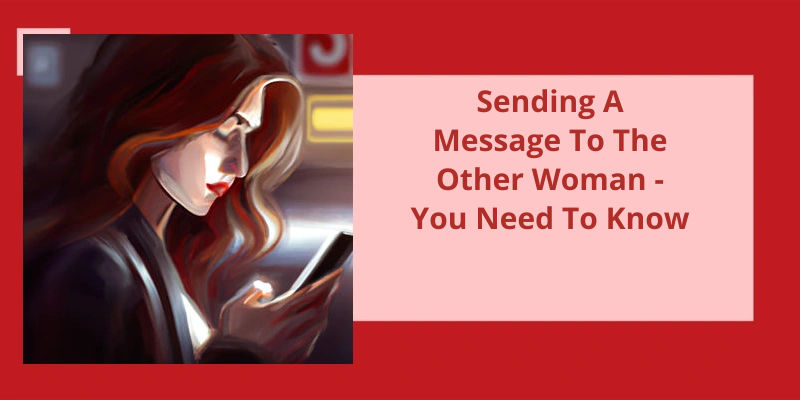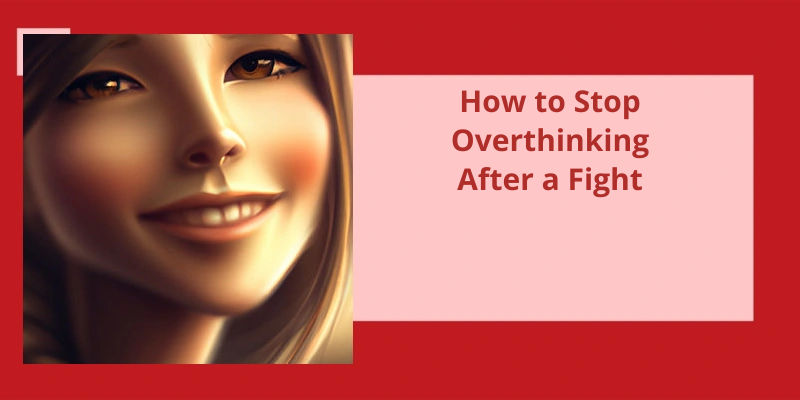Can You Stop Having Feelings for Your Best Friend?
Can you stop having feelings for your best friend? This is a question that many people find themselves asking, especially when those feelings are causing pain or confusion. While it may be difficult, it’s possible to distance yourself emotionally from your best friend. One of the first steps in doing so is to stay away from your best friend for a while. This doesn’t mean completely cutting them out of your life, but rather taking a step back and giving yourself some space to heal and gain perspective.
Being civil and thoughtful in how you go about this is crucial. You don’t want to completely reject the healthy relationship that youve established between each other, but you need to take care of your feelings. It’s important to communicate your intentions with your friend and let them know why you need some time apart. Be honest and upfront about your emotions, but also emphasize that this separation isn’t a reflection of their worth or importance to you.
This doesn’t mean avoiding them completely, but rather finding a healthy balance. Limit your interactions and create boundaries that allow you to focus on your own emotional well-being. This may involve declining invitations to hang out, reducing the time spent together, or finding new activities and friends to occupy your time.
During this period of separation, it’s important to reflect on your feelings and explore their root causes. Are you simply going through a rough patch in your friendship, or do your romantic feelings go deeper? Understanding why you’ve these feelings can help you gain insight into how to move forward. Consider seeking support from a therapist or counselor who can provide guidance and help you navigate these complex emotions.
By staying away for a while, being civil and thoughtful, and not actively seeking daily interactions, you can begin to create space for healing and growth. Remember that taking care of your own emotions isn’t selfish, but rather a necessary step in prioritizing your mental and emotional well-being.
How to Cope With Unrequited Love for Your Best Friend
- Accept your feelings and acknowledge that they may not be returned
- Focus on self-care and pursuing activities that bring you joy
- Seek support from trusted friends or a therapist to help process your emotions
- Set boundaries to protect your emotional well-being
- Redirect your energy into new hobbies or interests
- Try to distance yourself from situations that may exacerbate your feelings
- Consider if maintaining the friendship is healthy for you in the long run
- Explore and nurture other friendships to help fill the void
- Allow yourself time to heal and be patient with the process
- Remember that it’s okay to grieve and that healing takes time
What Should I Do if I Fell in Love With My Best Friend?
Navigating the tricky waters of falling in love with your best friend can be complicated and emotionally challenging. The first step is to consider their relationship situation. Are they currently in a committed relationship? If so, it’s important to respect that and not jeopardize their happiness and trust. While it’s natural to want to express your feelings, it’s crucial to be mindful of the impact it could have on your friendship and their current partnership.
It’s essential to differentiate between romantic and platonic feelings. Take some time to reflect on whether your emotions are driven by genuine romantic attraction or if it’s simply a momentary infatuation that may fade with time. Understanding the nature of your feelings will help you determine the best course of action.
Feeling guilty about falling in love with your best friend is normal, but it’s essential not to dwell on those emotions. Love can sometimes strike unexpectedly, and it isn’t something we can control. Instead of dwelling on guilt, focus on understanding your feelings and finding a way to navigate through them with empathy and respect.
Weighing your options is also crucial in this situation. Consider the potential outcomes of expressing your feelings versus keeping them to yourself. Think about how it could potentially affect your friendship, their current relationship, and your own emotional well-being. Take the time to evaluate the pros and cons before making any decisions.
Once you’ve determined the best course of action, it’s essential to stick with your plan. Whether you decide to express your feelings or keep them to yourself, consistency is key. Follow through with your decision and be prepared for any potential outcome. Remember, regardless of what happens, the friendship you share is precious, and it’s essential to prioritize it’s preservation above all else.
Building a Support System: Reach Out to Other Friends or Loved Ones Who Can Offer Guidance, Understanding, and a Listening Ear as You Navigate Your Feelings for Your Best Friend.
Building a support system for dealing with conflicted feelings towards your best friend is crucial. It’s essential to reach out to other friends or loved ones who can provide guidance, understanding, and a listening ear. They can offer valuable perspective and help you navigate your emotions in a healthy way. Having a support network can make the journey of navigating complex emotions much easier and less isolating.
Friendships, like any other relationships, can experience shifts and changes. While it’s possible to love someone as a friend but not necessarily like them at a certain point, it doesn’t always mean completely cutting them out of your life. Instead, it may involve reevaluating the connection and placing the friendship in a different category or assigning it a different level of priority.
Can You Love a Friend but Not Like Them?
Can you love a friend but not like them? It’s a complex and nuanced question that many of us have grappled with at some point in our lives. Friendships, like any other type of relationship, go through changes and evolve over time. It’s not uncommon to feel a mix of emotions towards a friend, where love and dislike coexist.
Perhaps you and your best friend have grown apart, and the things that used to draw you together no longer resonate with either of you. This can happen as we navigate the different stages of life, develop new interests, or simply change as individuals. It’s disheartening to realize that the connection and camaraderie you once shared have diminished, but it doesn’t necessarily mean that the love you feel has vanished completely.
So, what do you do when you love your friend but don’t particularly like them anymore? One option is to reevaluate the nature of the friendship and place it in a different category. Instead of expecting the same level of intimacy and compatibility, acknowledge the love you’ve for them and redefine the friendship based on the current dynamics. This can mean accepting that the closeness you once had may no longer exist, but that doesn’t mean you’ve to completely cut them off from your life.
Another approach is to prioritize the friendship differently. Just like any relationship, friendships require effort and investment of time and energy. If you find that your feelings of dislike stem from neglecting the friendship or not putting in the necessary effort to maintain it, it might be worth reevaluating your priorities and committing to rebuilding the connection. By actively investing in the friendship and nurturing it, you may find that the love you’ve for your friend can be reignited.
It’s important to recognize that feelings in friendships can ebb and flow, and it’s normal for dynamics to change. You may not always like your friend, but that doesn’t mean you’ve to end the friendship altogether. Sometimes, simply acknowledging and accepting the changing dynamics, and finding a different way to relate to each other, can be enough to preserve the love that’s still present. Ultimately, navigating the complexity of love and dislike in a friendship requires honest communication, openness, and a willingness to adapt to the changes that naturally occur.
Source: What should I do if I love my friends, but don’t like them?..
Having honest and open communication is crucial when it comes to addressing delicate matters such as romantic feelings within a friendship. It’s important to be upfront about your emotions and explain the lack of romantic love you feel towards your best friend. Starting the discussion by acknowledging their feelings while expressing your own truth can lay the foundation for a compassionate and understanding conversation. Providing reasons for your feelings can assist in offering closure and fostering mutual respect.
How Do You Tell My Best Friend That I Don’t Love Him?
When it comes to telling your best friend that you don’t love them, honesty is key. It’s important to be upfront about your feelings and not lead them on or give false hope. Begin the conversation by acknowledging their feelings and expressing your understanding of their affection towards you. You can say something like, “I know you’ve feelings for me, and I appreciate your honesty and vulnerability.”
From there, it’s crucial to clearly state that you don’t reciprocate those romantic feelings. Let your friend know that you value their friendship immensely, but it doesn’t extend into romantic territory. It can be helpful to emphasize that this doesn’t diminish the bond you share, but rather highlights the different nature of your feelings. Reassure them that your friendship still matters a great deal to you.
While it might feel uncomfortable, explaining the reasons behind your lack of romantic feelings can provide your friend with some closure. Be gentle, sincere, and specific about why you don’t have romantic feelings for them. Avoid using vague or generic statements, as they may leave room for interpretation or false hope. Instead, focus on the specific qualities that you appreciate in them as a friend, but don’t find attractive romantically.
Remember to be compassionate and understanding throughout the conversation. Reiterate that your feelings aren’t a reflection of their worth or any shortcomings on their part. Assure your friend that this revelation doesn’t change your desire to maintain a strong and meaningful friendship. Offer them the opportunity to express their own emotions and concerns, and be prepared to listen and provide support during this vulnerable time.
Conclusion
In conclusion, navigating complex emotions towards a best friend can be a challenging and confusing journey. While it may feel contradictory to simultaneously love and resent someone close to us, it’s important to recognize the multidimensionality of human relationships. By fostering open and honest communication, addressing underlying issues, and setting boundaries when necessary, it’s possible to maintain a healthy and fulfilling friendship. Remember that love and frustration can coexist, and with time and understanding, it’s possible to find a balance between these emotions and cultivate a strong bond with your best friend.

